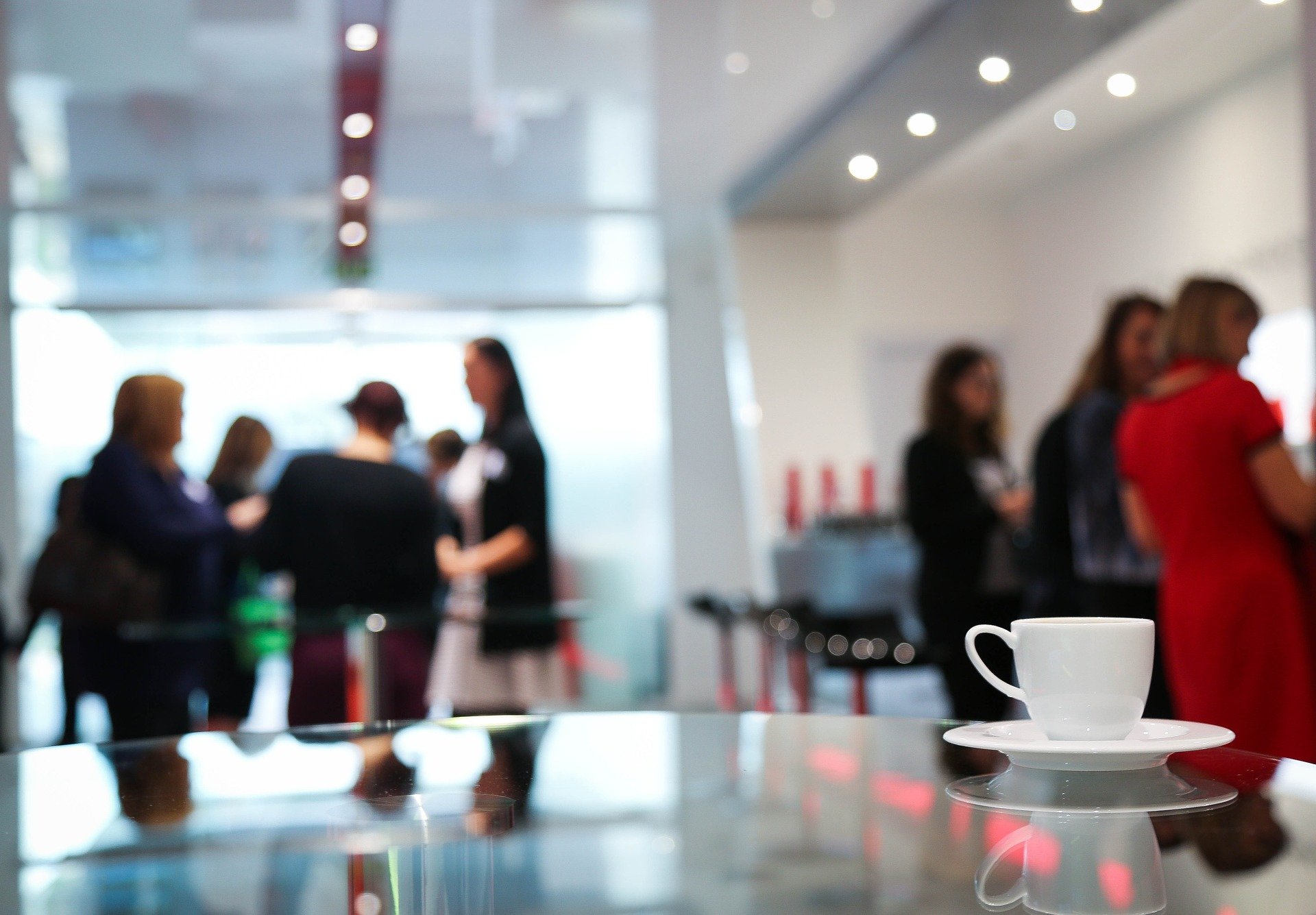The John Deutsch Institute (JDI) has released a new JDI Policy Insight paper exploring the challenges immigrants face in the Canadian labour market and policy options available for helping them release their full economic potential. The article, “Improving the Economic Integration of Canadian Immigrants”, is authored by Queen’s University PhD candidate Luke Rawling.
This paper delivers an up-to-date overview of the key barriers that first-generation immigrants face in Canada’s labour market, including:
- Employer hiring practices: Field-experiment evidence shows that foreign-educated applicants receive substantially fewer callbacks, underscoring informational frictions and implicit bias in early recruitment stages.
- Language and skill transferability: Despite stringent language requirements under Canada’s point system, many newcomers arrive without advanced proficiency, impeding their ability to apply cognitive skills fully and contributing to occupational downgrading.
- Occupational regulation hurdles: Fragmented foreign credential recognition processes across provinces leave skilled immigrants unable to access regulated professions, limiting their earnings and productivity contributions.
- Network effects: While co-ethnic networks facilitate initial job search, overreliance on these networks can delay long-term assimilation and wage growth.
- Bargaining power dynamics: Evidence suggests that most immigrant–native wage differentials arise upstream during hiring and job matching, rather than from within-firm wage discrimination.
Building on this diagnosis, Rawling summarizes forward-looking policy recommendations, including:
- Rigorous impact evaluations of settlement and language-training programs, leveraging quasi-experimental designs and administrative data linkages to quantify causal effects on earnings and employment.
- Streamlined foreign credential recognition, through greater federal–provincial coordination and expanded bridging programs to reduce costs and uncertainty for internationally trained professionals.
- Enhanced dialogue with industry, exemplified by scaling up pilots like the Canadian Work Experience (CWE) program, to align immigration selection with employer needs and mitigate hiring risks.
- Optimizing the points-based selection system by recalibrating language-proficiency thresholds and piloting assessments of soft skills critical for workplace integration.
As Canada’s long-term growth increasingly depends on attracting and retaining talent from around the world, ensuring that newcomers can realize their full economic potential is both an equity imperative and a productivity priority.
The full text of JDI Policy Insight 25-0601 is now available for download on the JDI website: https://jdi.queensu.ca/policy-papers/
About the John Deutsch Institute and the JDI Policy Insight series
The JDI at Queen’s University conducts rigorous, policy-relevant economic research to inform decision-makers in government, industry, and civil society. Through events, publications, and collaborations, the Institute fosters evidence-based dialogue on critical economic challenges facing Canada and the world. The newly launched JDI Policy Insight series provides balanced academic summaries of key policy issues, helping readers assess the benefits, costs, and risks of reforms and understand what we know and don’t know about policy.




